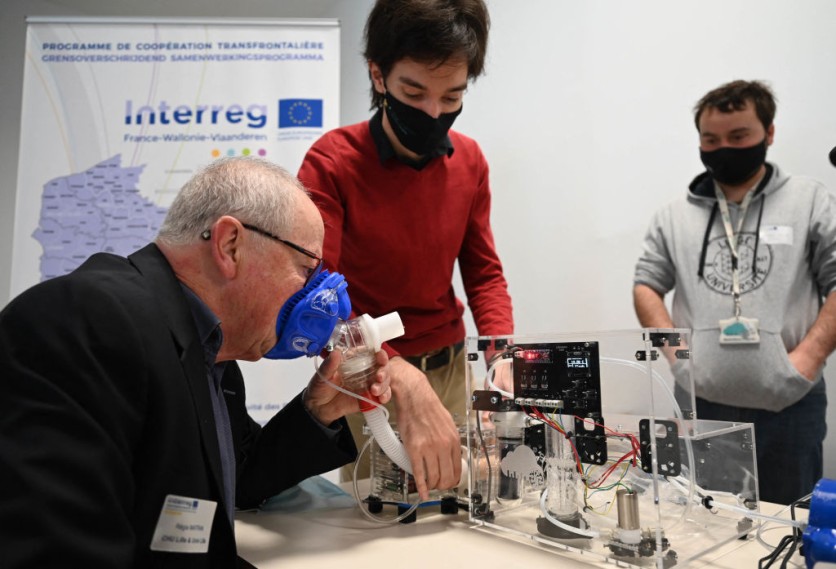Scientists have dev eloped a cancer medicine that only targets cancer cells that can potentially help terminally ill cancer patients live longer lives.

The medicine was developed by the Norwegian University of Science and Technology (NTNU) and APIM Therapeutics, as reported by Interesting Engineering.
The New Cancer Medicine
Named ATX-101, the new cancer medicine has been tested on 20 cancer patients who were terminally ill, according to a press release. These patients had tried other treatments before they decided on this one, which was still in the experimental stage.
The trials, which were held in Australia, went on for six weeks and 70 percent of the patients were stable. 12 patients stayed on the medication and had stable conditions for up to 18 weeks, while one patient took it for 17 months and remained stable for over two years.
One of the goals of the study is to see is the medication was toxic for cancer patients. The researchers found that it only affected stressed cancer cells and it had no effect on other healthy cells in the body.
Also read: Scientists Use AC/DC's 'Thunderstruck' To Speed Up Cancer Drug Delivery
Phase 2 of Trials Have Begun
Now, the phase 2 of the trials has started in which the team must demonstrate the effectiveness of the medicine. In the US, sarcoma patients are already undergoing Phase 2 of the trials.
According to the team, it took 18 years and over 20 million Europe to develop the medicine.
Treatment for Cancer Today
Terminally ill cancer patients face a difficult reality, with limited treatment options available to them. However, there are several treatments that can help to alleviate symptoms and improve the quality of life for these patients.
Palliative care is an important aspect of treatment for terminally ill cancer patients. This involves managing symptoms such as pain, nausea, and fatigue, as well as providing emotional and psychological support for the patient and their family. Palliative care can be provided in a variety of settings, including hospitals, hospice facilities, and the patient's home.
Chemotherapy and radiation therapy may also be used to alleviate symptoms and improve the quality of life for terminally ill cancer patients. These treatments are typically used in lower doses than for curative intent, with a focus on managing symptoms rather than curing cancer.
In addition to traditional treatments, complementary therapies such as acupuncture, massage, and meditation can also be used to help manage symptoms and improve quality of life. These therapies can help to reduce pain, improve sleep, and reduce stress and anxiety.
Clinical trials are also available for terminally ill cancer patients. These trials can provide access to new and emerging treatments that may not be available through standard treatments. Participation in clinical trials can also help to advance cancer research and improve treatments for future patients.
Ultimately, the goal of treatment for terminally ill cancer patients is to provide comfort and support while maximizing quality of life. While curative treatments may not be available, there are many options available to help manage symptoms and improve the patient's overall well-being.
Related article: Medicine Shopping Data May Help Detect Ovarian Cancer Sooner

ⓒ 2026 TECHTIMES.com All rights reserved. Do not reproduce without permission.




